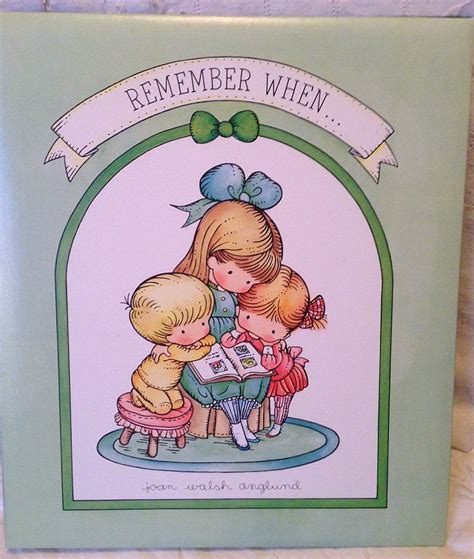A Quote by Joan Walsh Anglund
A poet wants only one small stone on which to carve his life.
Related Quotes
There is a legend of an artist who long sought for a piece of sandalwood, out of which to carve a Madonna. He was about to give up in despair, leaving the vision of his life unrealized, when in a dream he was bidden to carve his Madonna from a block of oak wood which was destined for the fire. He obeyed and produced a masterpiece from a log of common firewood. Many of us lose great opportunities in life by waiting to find sandalwood for our carvings, when they really lie hidden in the common logs that we burn.
It is quite evident that a barrier must be cleared in order to escape the psychologists and enter into a realm which is not "auto-observant", where we ourselves no longer divide ourselves into observer and observed. Then the dreamer is completely dissolved in his reverie. His reverie is his silent life. It is that silent peace which the poet wants to convey to us.
The true poem is not that which the public read. There is always a poem not printed on paper,... in the poet's life. It is what hehas become through his work. Not how is the idea expressed in stone, or on canvas or paper, is the question, but how far it has obtained form and expression in the life of the artist. His true work will not stand in any prince's gallery.
One of the surest tests of the superiority or inferiority of a poet is the way in which a poet borrows. Immature poets imitate mature poets steal bad poets deface what they take and good poets make it into something better or at least something different. The good poet welds his theft into a whole of feeling which is unique utterly different than that from which it is torn the bad poet throws it into something which has no cohesion. A good poet will usually borrow from authors remote in time or alien in language or diverse in interest.
Whenever I hear about a child needing something, I ask myself, 'Is it what he needs or what he wants?' It isn't always easy to distinguish between the two. A child has many real needs which can and should be satisfied. His wants are a bottomless pit. He wants, for example, to sleep with his parents. He needs to be in his own bed. At Christmas he wants every toy advertised on television. He needs only one or two.


































